Whitepapers
.png?width=1545&height=2000&name=SBAR%20Communication%20Guide%20for%20Healthcare%20Teams%20(1).png)
SBAR in Healthcare: A Communication Guide
Learn how SBAR in healthcare improves communication, reduces handoff errors, and builds safer, more confident care teams with clear, structured dialogue.
.png?width=1545&height=2000&name=Kindness%20Whitepaper%20(1).png)
Embracing Empathy: The Critical Role of Kindness...
Kindness heals. So much so that a growing body of research underscores that it has measurable benefits, from lowering patient stress and improving adherence to treatment plans to reducing provider burnout and lowering rates of medical errors. Embracing kindness as a core value is proving to be a key strategy in transforming healthcare operations, and is leading to a more compassionate and effective care model.
.png?width=1545&height=2000&name=Strategies%20for%20Fostering%20a%20Culture%20of%20Psychological%20Safety%20in%20Healthcare%20%20Whitepaper%20(1).png)
Strategies for Fostering a Culture of...
Psychological safety, or the sense of being able to show up authentically and speak up without fear of negative consequences, is essential for an effective healthcare environment. Learn strategies and best practices for fostering a culture of psychological safety in healthcare with insights from our whitepaper.
Building Patient Trust: Best Practices,...
Trust is the foundation of quality healthcare, crucial for improving patient satisfaction and compliance with treatment plans, ultimately leading to better health outcomes. However, the COVID-19 pandemic has severely undermined this trust, eroding confidence in healthcare systems worldwide. This whitepaper aims to explore the current state of trust in healthcare and outline strategies organizations can use to build trust.
Developing an Effective Root Cause Analysis (RCA)
Uncover key tactics for impactful root cause analysis in healthcare, bolstering patient safety and cutting costs. Understand seven analytical tools, their real-world use, and steps to secure sustainable health outcomes.
.png?width=1545&height=2000&name=AI%20in%20Healthcare%20Whitepaper%20(3).png)
Building a Risk Management Framework for AI in...
AI in healthcare is revolutionizing everything from clinical decision-making to operational efficiency in day-to-day practices. Discover the clinical and operational risks introduced by AI in healthcare as well as best practices for risk management and proactive AI oversight.
Selecting the Right Incident Reporting System for...
Discover essential factors for choosing an incident management system that fits your organization's unique requirements. Learn six crucial considerations to guide your selection and maximize the advantages of an incident reporting system, improving patient outcomes, operational efficiency, and organizational communication.
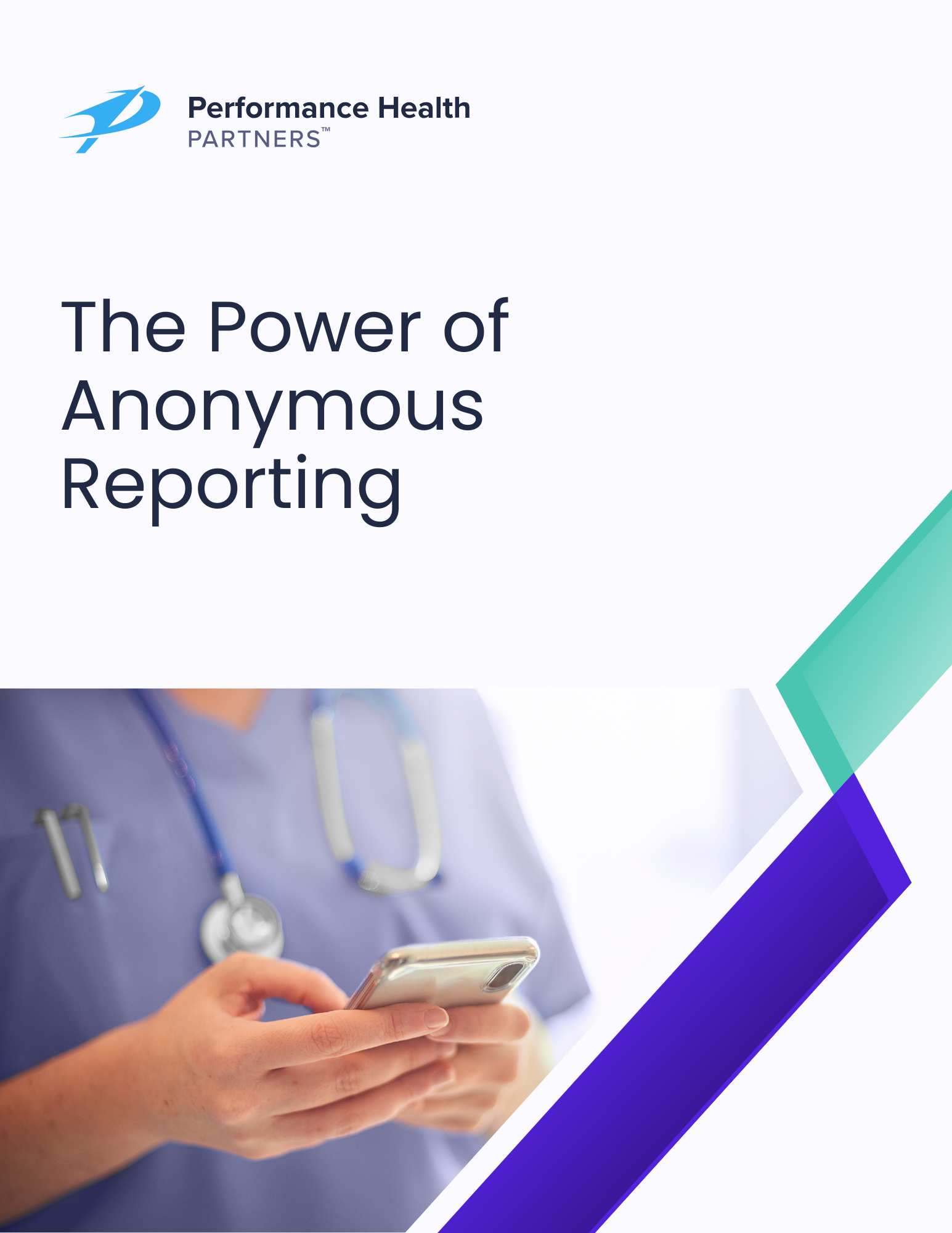
The Power of Anonymous Reporting for Patient...
When implemented correctly, anonymous reporting can empower staff, patients, and visitors to report without fear of retaliation and help to improve overall quality of care.
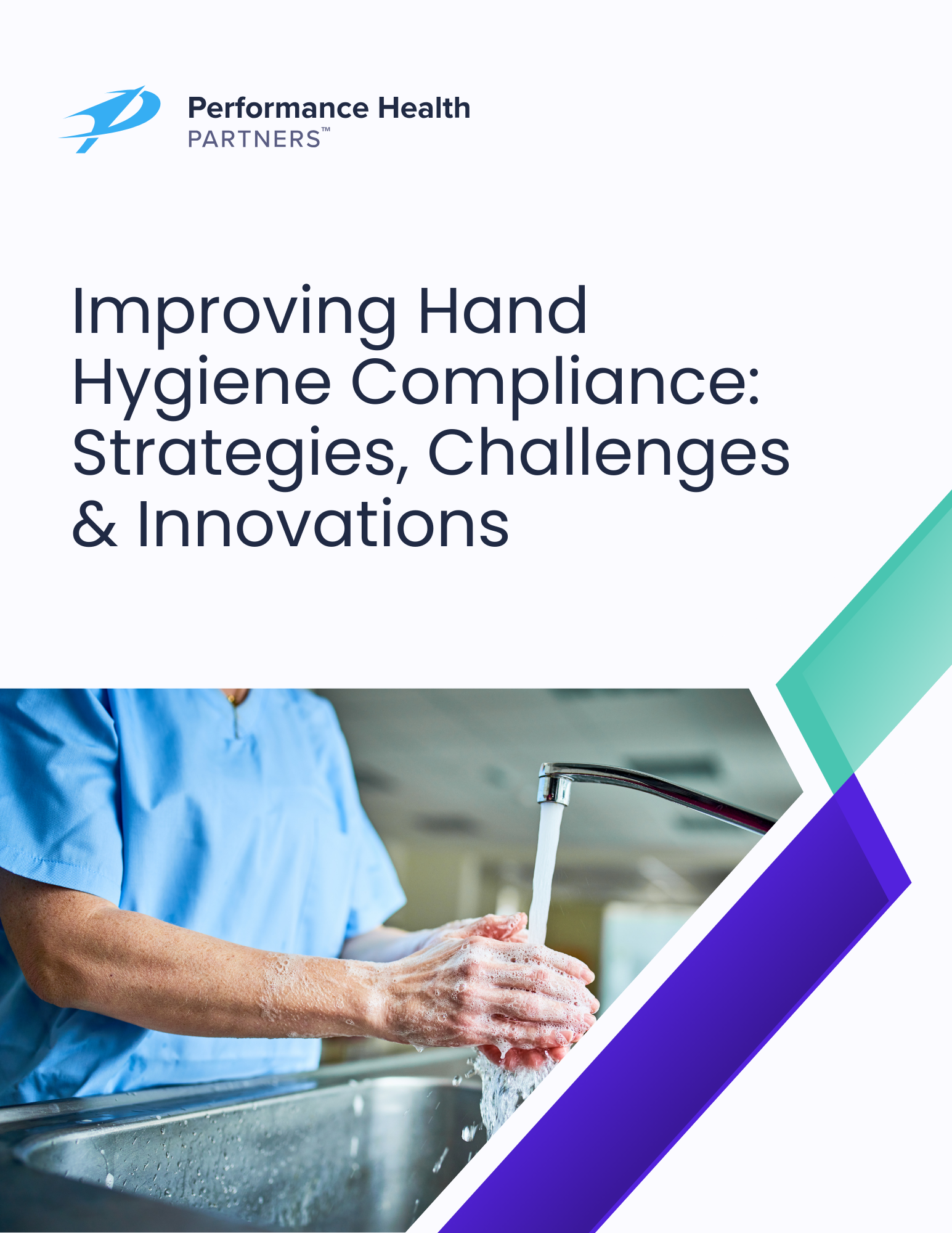
Improving Hand Hygiene Compliance
Discover strategies to enhance hand hygiene compliance in healthcare settings, ensuring patient safety and reducing infection rates. Learn how to implement effective protocols and strategies for improving hand hygiene standards within your organization.
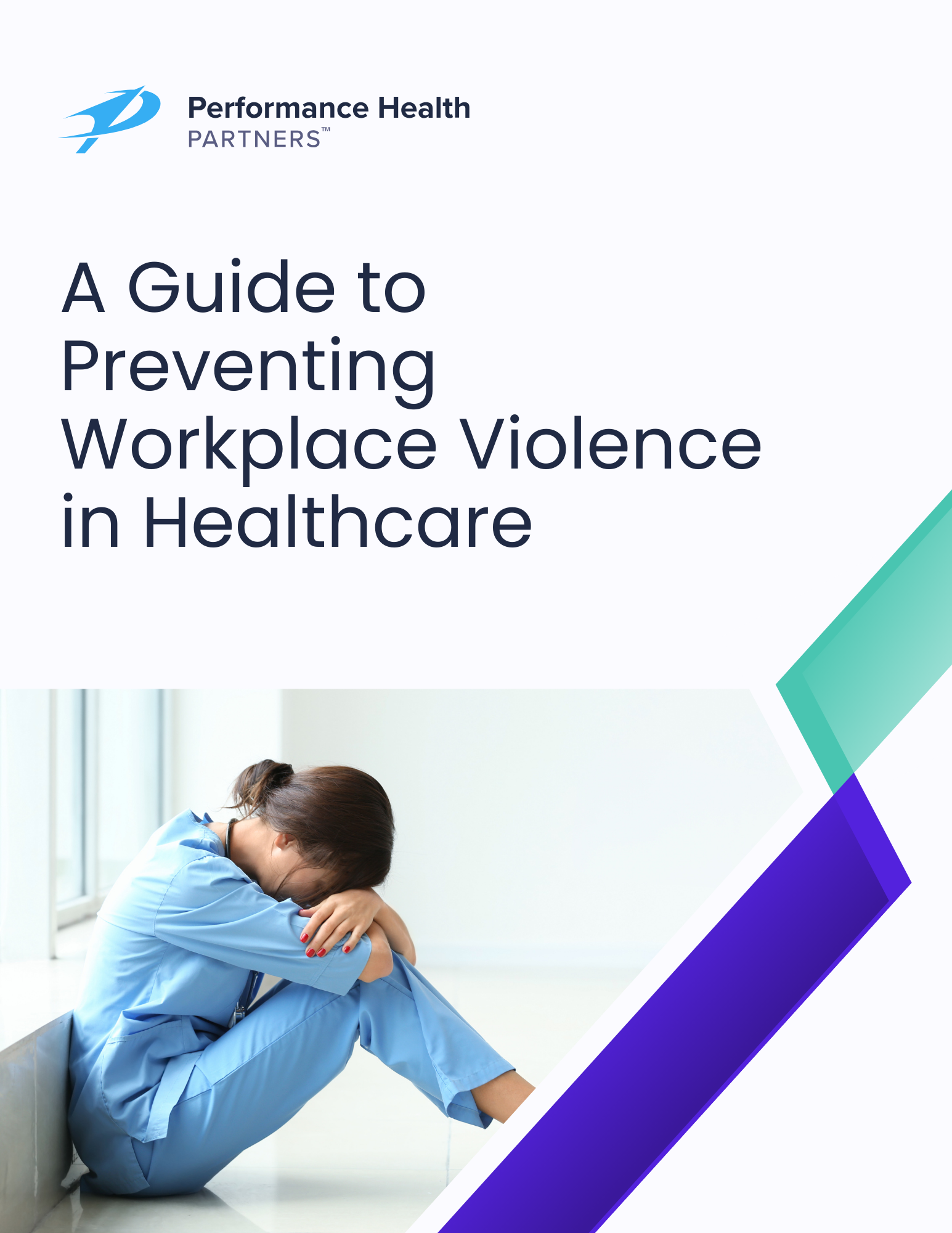
Breaking The Cycle: A Guide To Preventing...
Explore key strategies to curb healthcare workplace violence and safeguard staff in this white paper. Understand violence origins, practical case studies, underreporting issues, and methods to disrupt the violence cycle in healthcare.
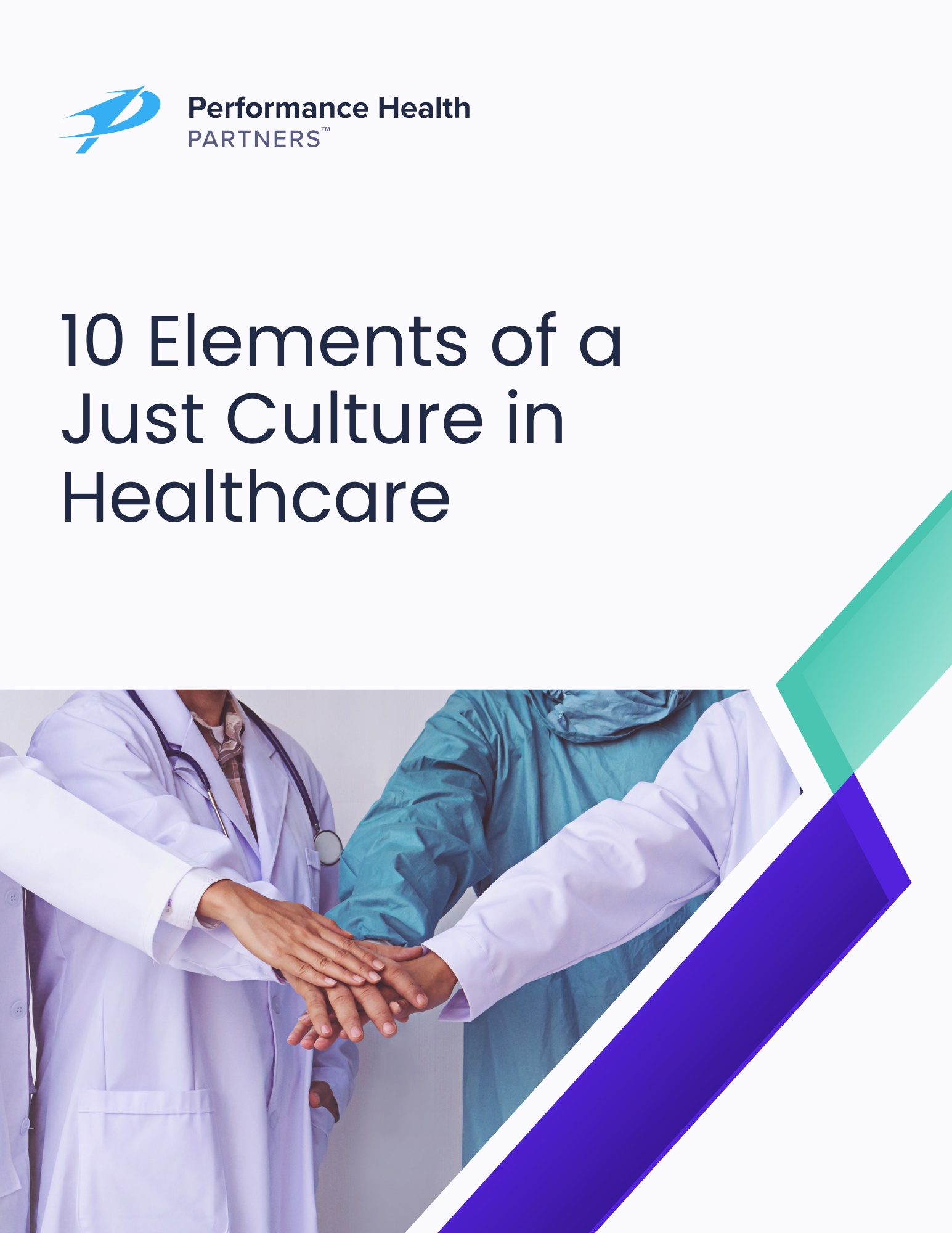
10 Elements of a Just Patient Safety Culture
Discover the 10 critical elements of a just culture in healthcare to enhance patient safety. Learn the proven relationship between safety culture and better patient outcomes, with practical tips to cultivate it in your organization. Strengthen your dedication to patient safety with this essential guide.
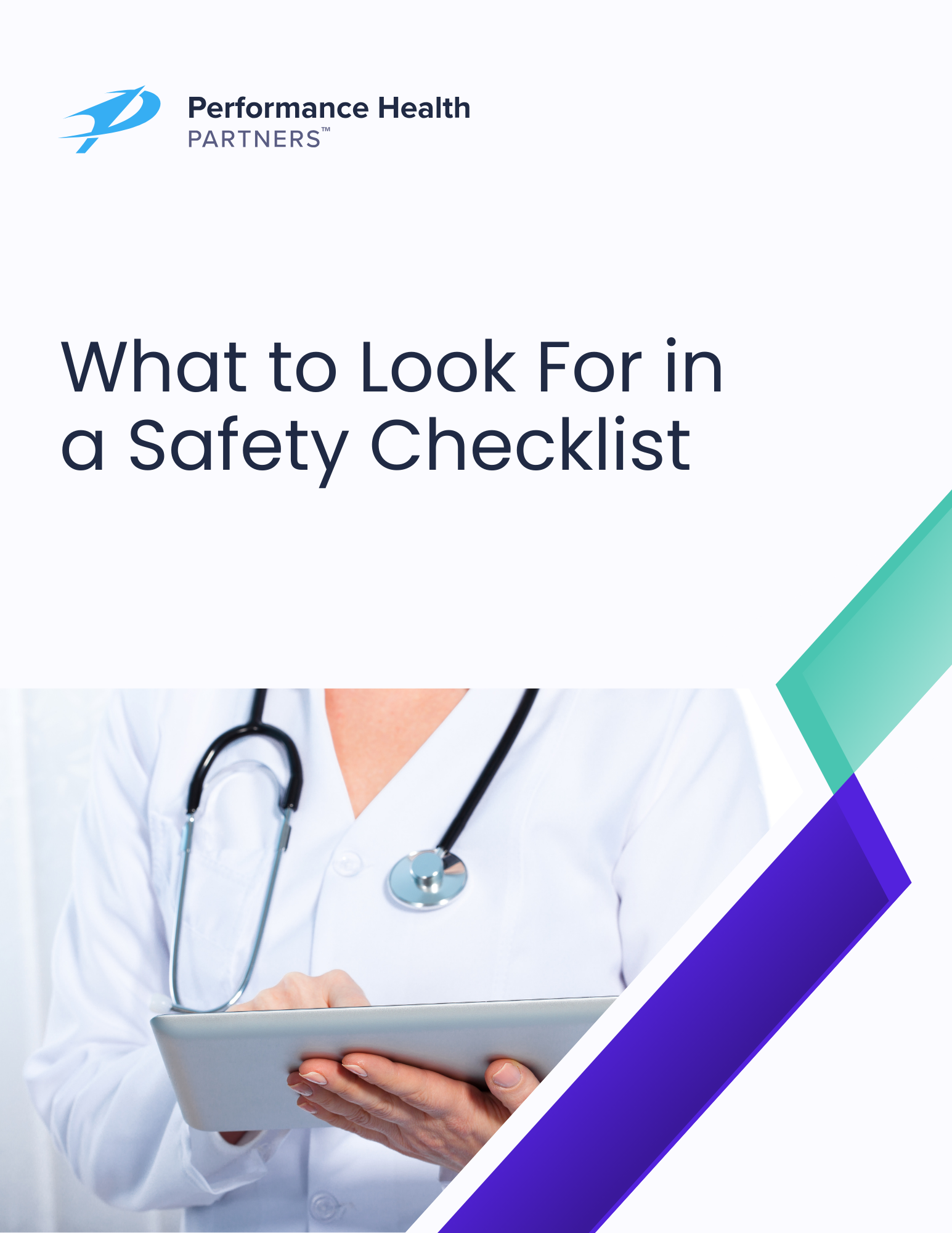
What to Look for in a Safety Checklist
Explore the impact of health and safety checklists in healthcare, detailing the essentials of an effective checklist, the significance of safety rounding, and the vital questions to consider. Learn how to choose the right checklist tool to increase consistency, minimize risk, and elevate patient safety.
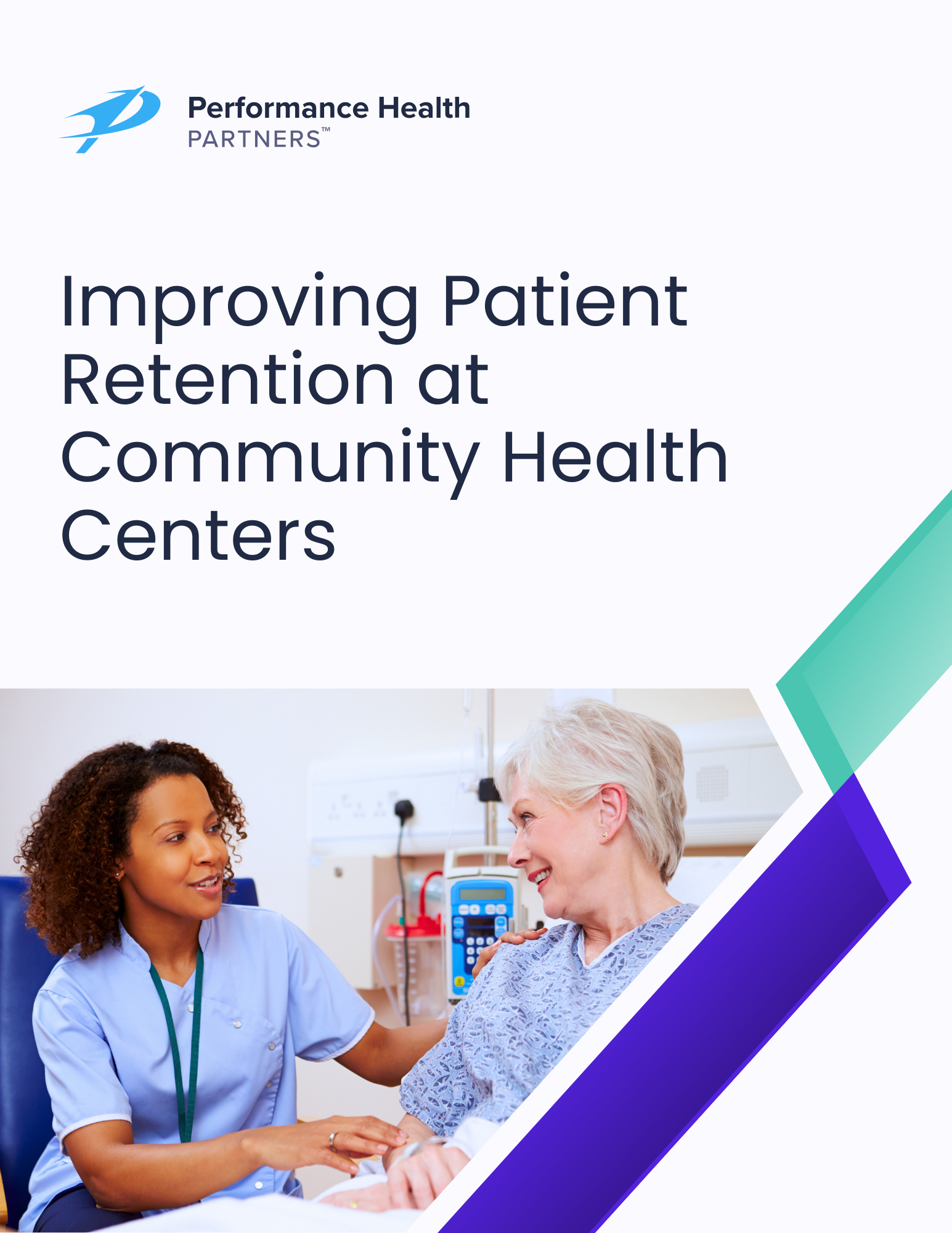
Improving Patient Retention At Community Health...
Amidst an era of expanding healthcare options and intensifying competition, community health centers are facing unprecedented challenges in retaining patients. Explore tools to promote retention.
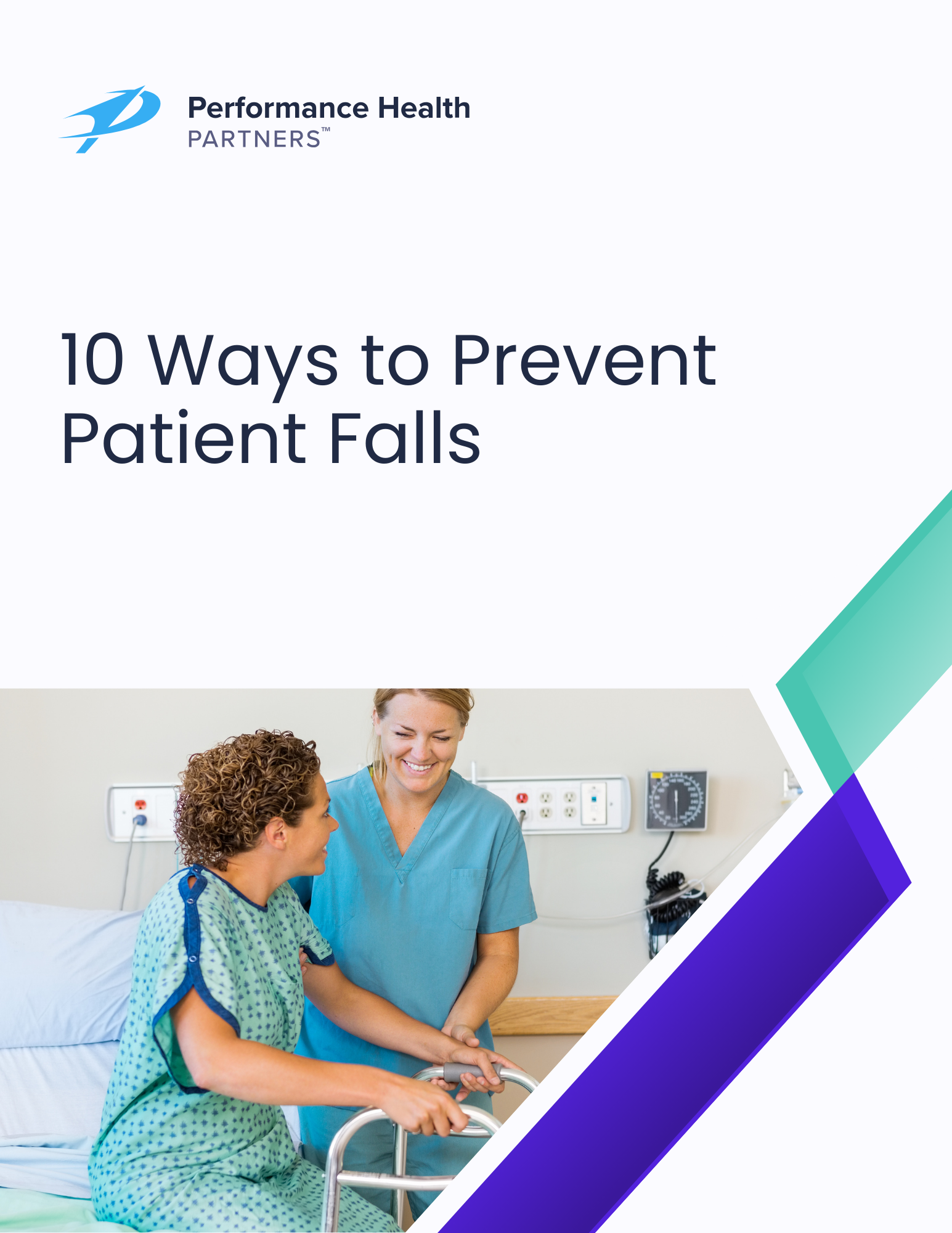
10 Ways to Prevent Patient Falls
With thousands of falls occurring in U.S. hospitals daily and significant associated healthcare costs, quality improvement programs are crucial. Explore strategies to enhance patient safety and prevent falls in healthcare settings. Access guidance on the top 10 methods to reduce patient fall risks and foster better outcomes.
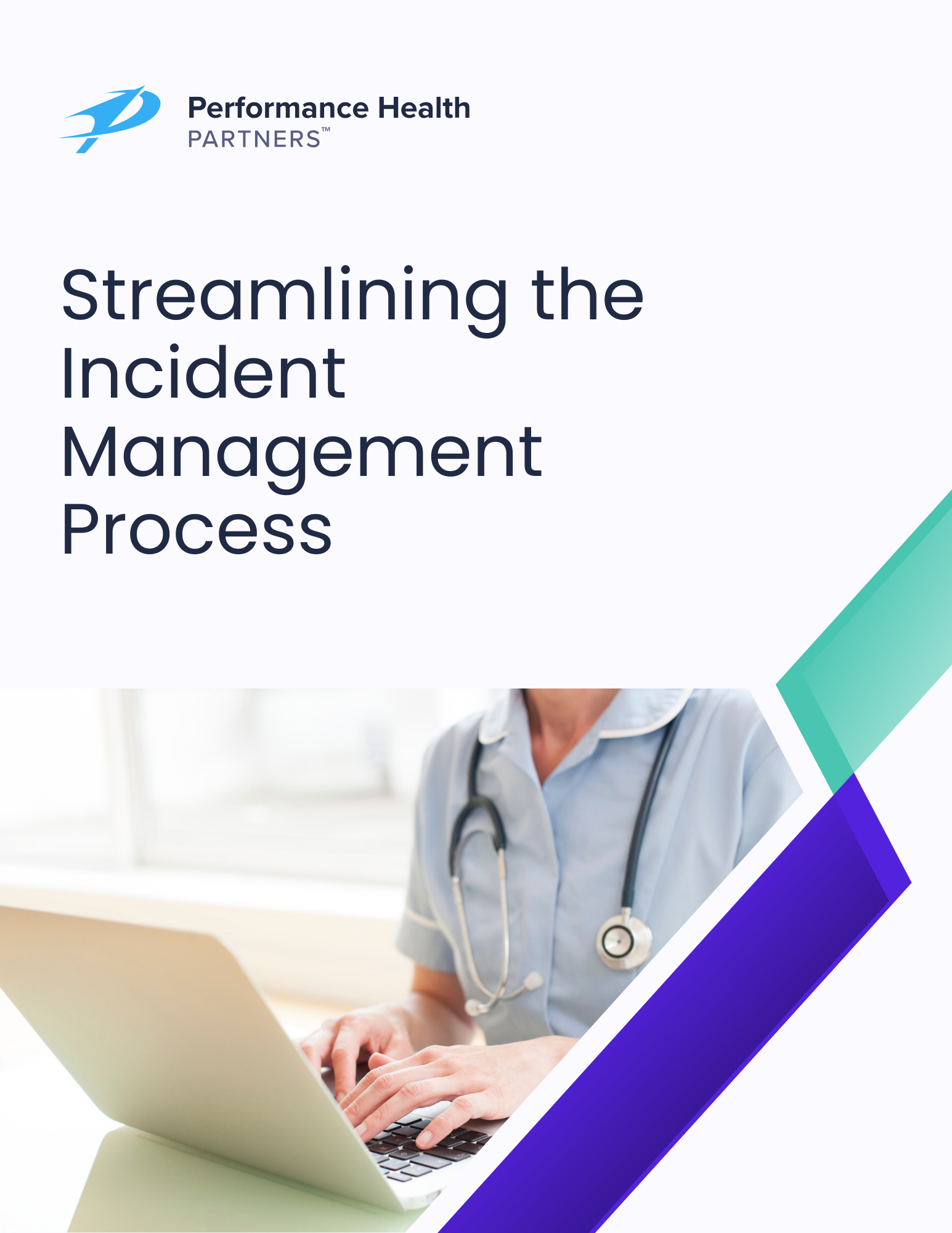
Streamlining the Incident Management Process
Boost patient and employee safety by refining your healthcare incident management process. Selecting the right incident management software is crucial for enhancing outcomes and fostering a safer healthcare environment.
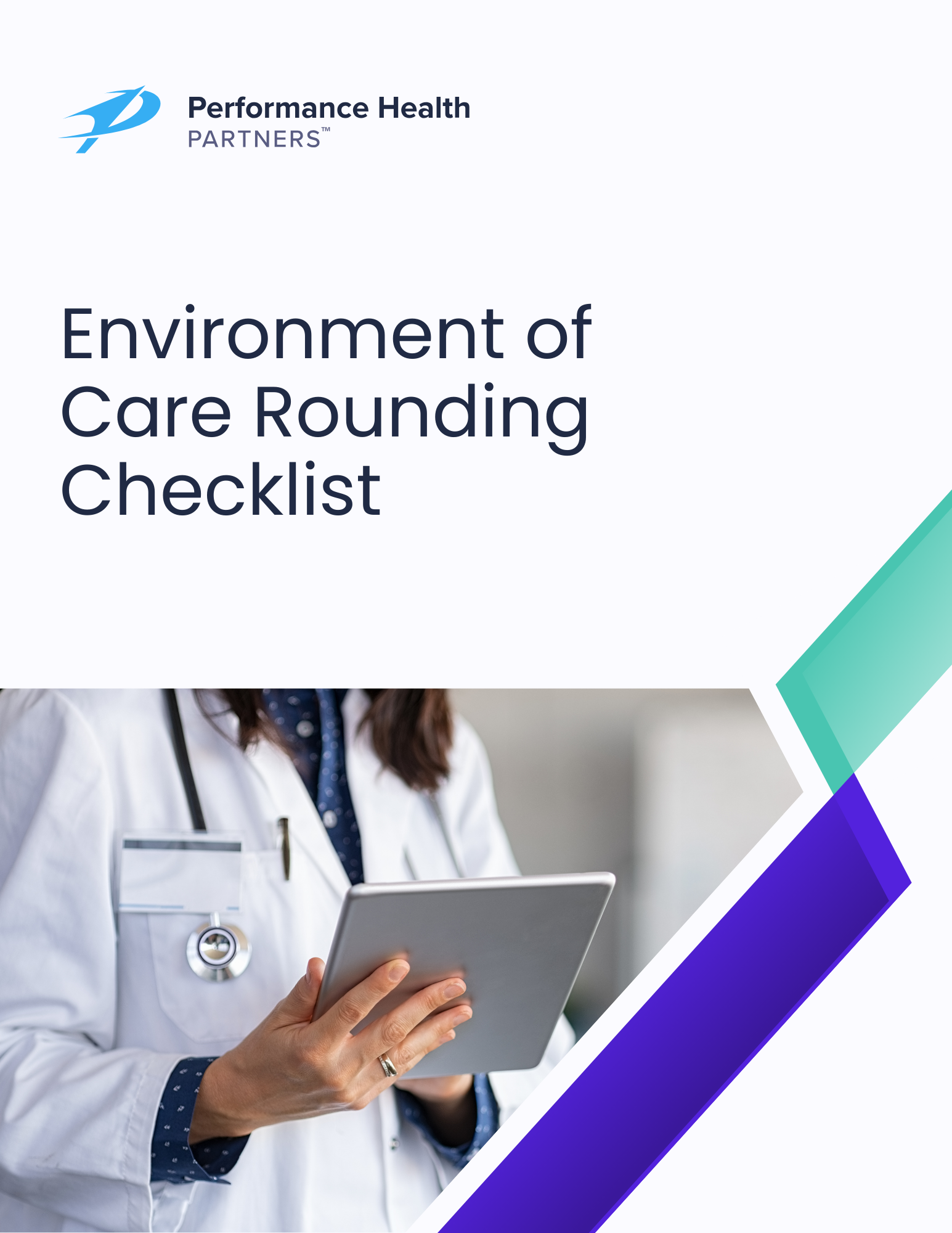
Environment of Care Rounding Checklist
Elevate patient safety by mitigating risks in your care setting. Discover proven tactics for Environment of Care (EOC) rounding, develop your checklists with targeted questions, and leverage the advantages of automated EOC systems.
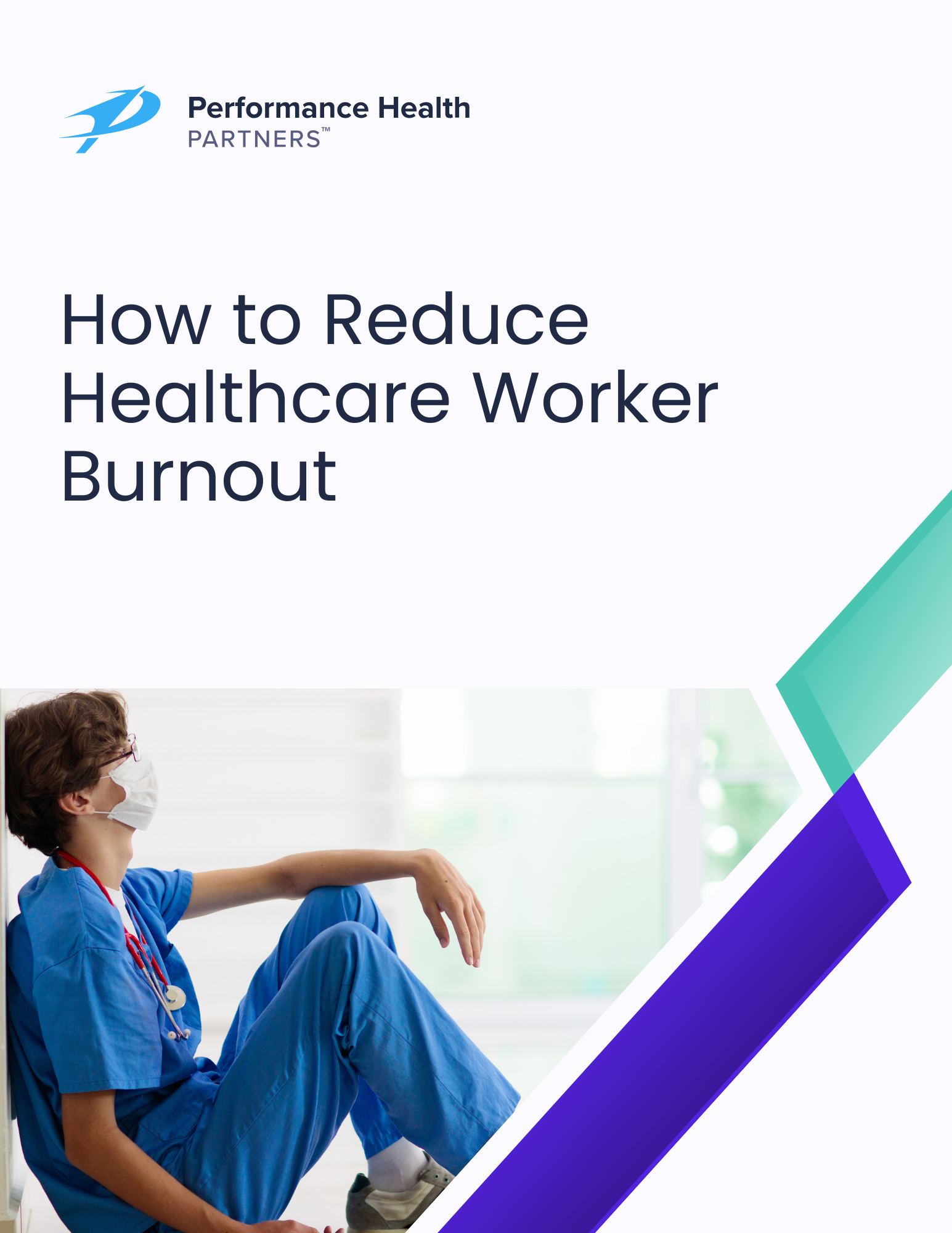
How To Reduce Healthcare Worker Burnout Whitepaper
Combat healthcare worker burnout by identifying early signs and underlying causes. Implement strategies to reduce job-related stress and capitalize on technology to prevent burnout and sustain healthcare staff well-being.
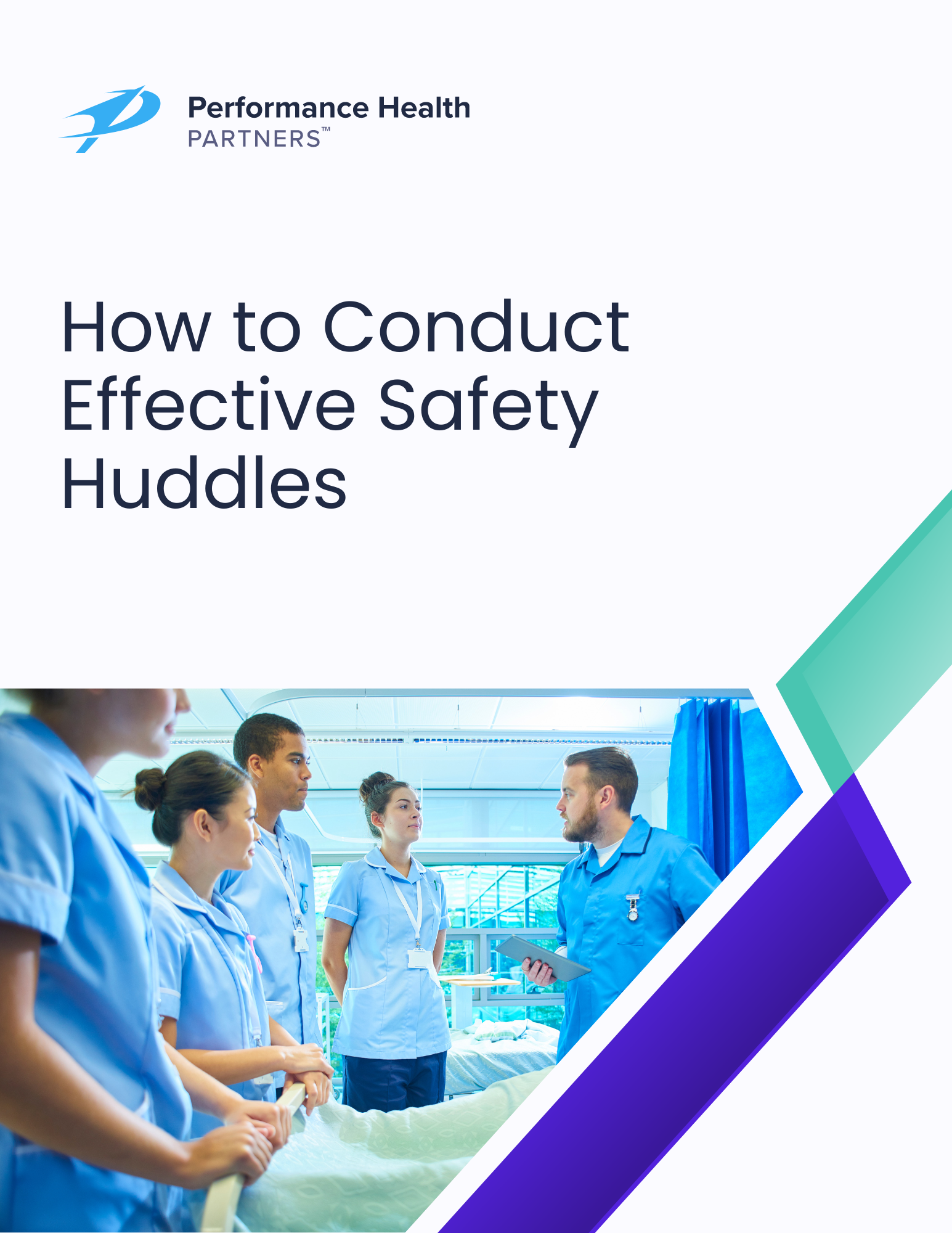
How to Conduct Effective Safety Huddles
Elevate patient care and improve team communication with insights on effective safety huddles—key to reducing harm and enhancing safety for all. Implementing these practices can significantly bolster the overall care quality and staff morale.
%20Common%20Formats.png?width=1545&height=2000&name=Patient%20Safety%20Organization%20(PSO)%20Common%20Formats.png)
Patient Safety Organization (PSO) Common Formats
Learn about the essential requirements and benefits of joining a Patient Safety Organization (PSO) in this whitepaper. Discover how working with a PSO can improve patient safety outcomes and enhance the quality of care within your healthcare organization.

How to Take a Data Informed Approach Towards...
Use data strategically to fight healthcare-associated infections. Discover a three-step approach for a proactive stance on infection prevention and control, a critical move towards better patient outcomes and healthcare standards.
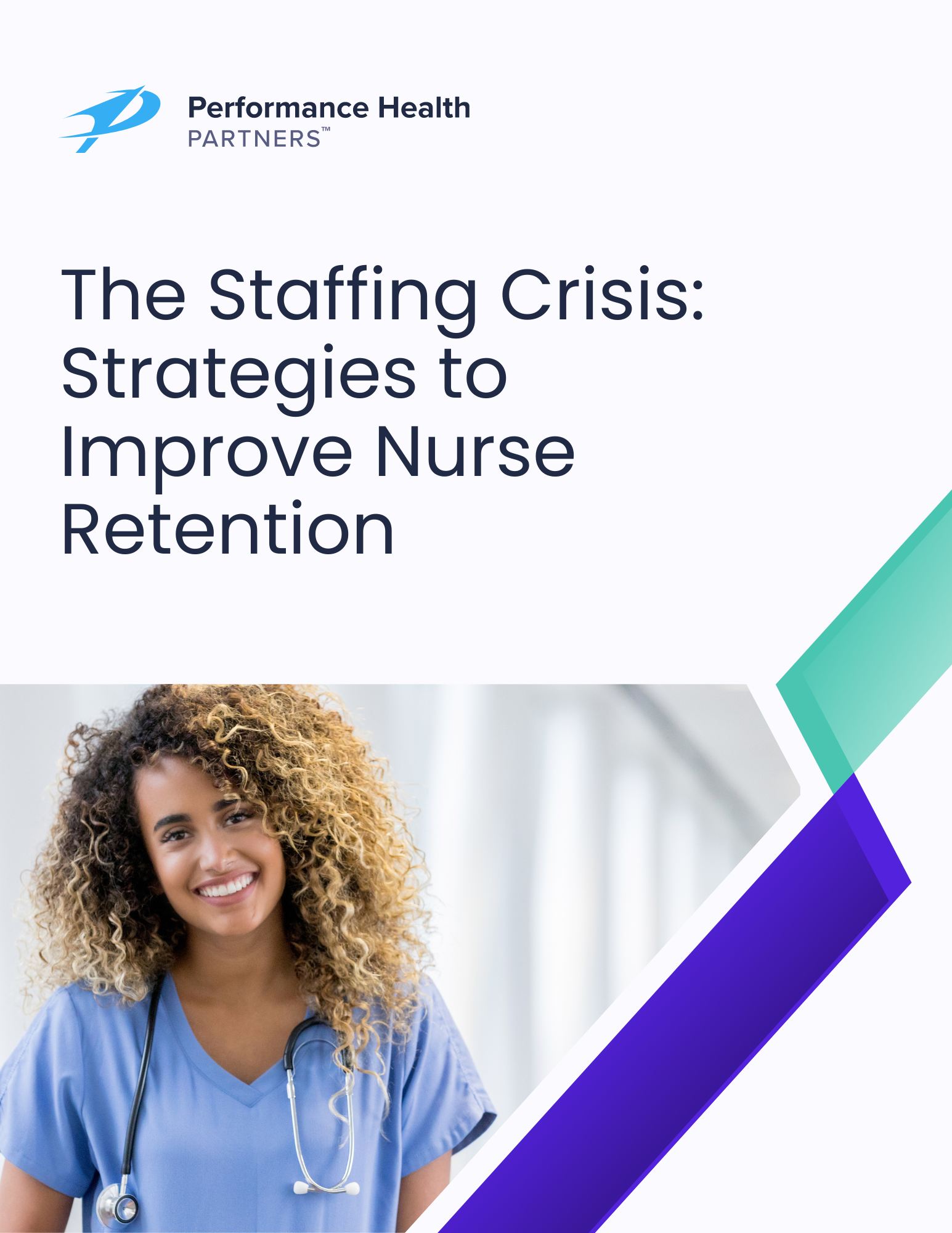
Overcoming The Staffing Crisis: How To Retain...
Link nurse retention directly to patient safety and discover how to reduce the high costs of nurse turnover by retaining staff and creating a better work environment. Effective retention strategies can enhance patient care continuity and build a stronger, more committed nursing team.
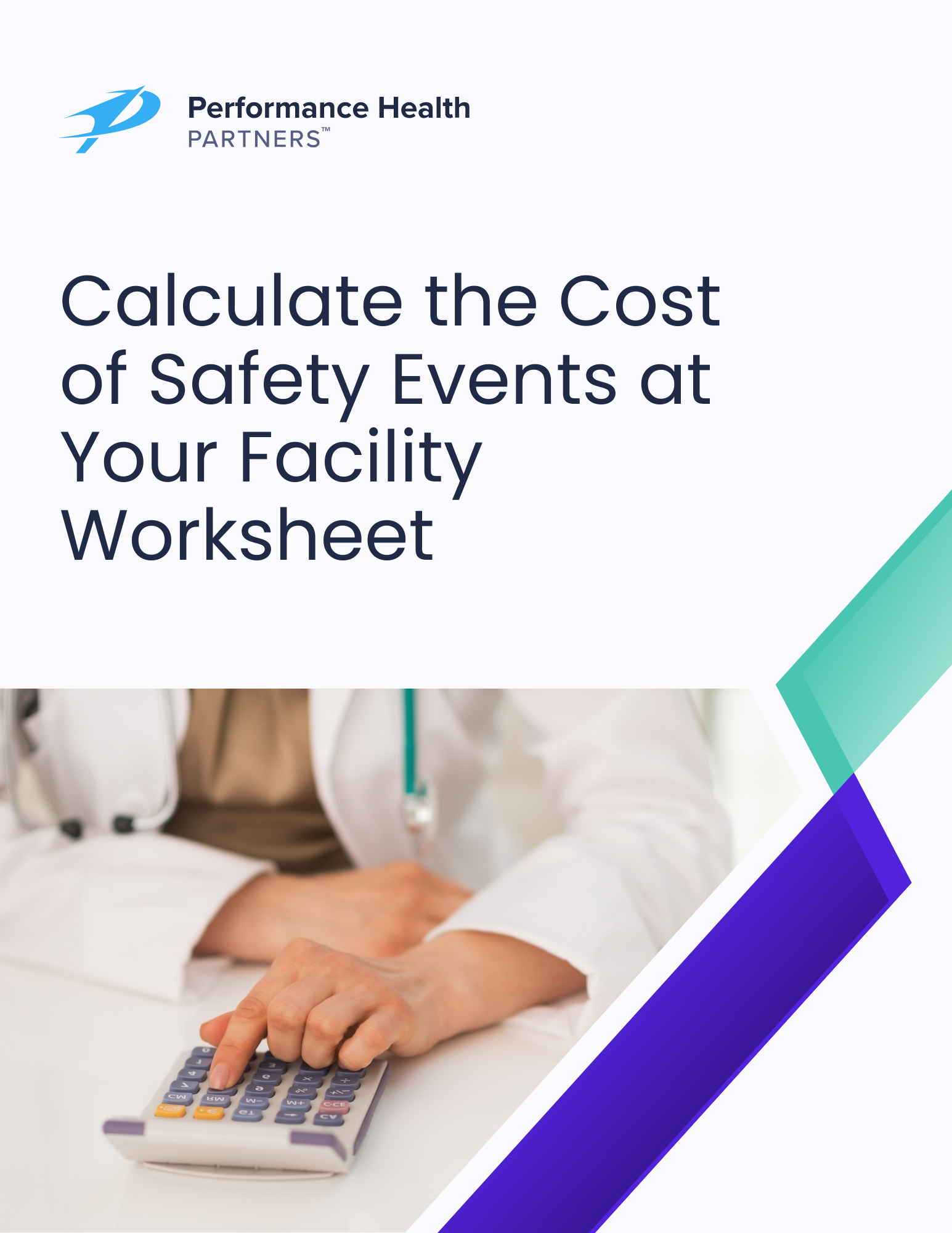
Calculate the Cost of Events at Your Facility
Gain valuable insights into the financial impact of patient harm and adverse events at your facility with our downloadable cost calculation worksheet. In OCED countries, such events contribute significantly to hospital expenditures, making it crucial to understand and address these costs.
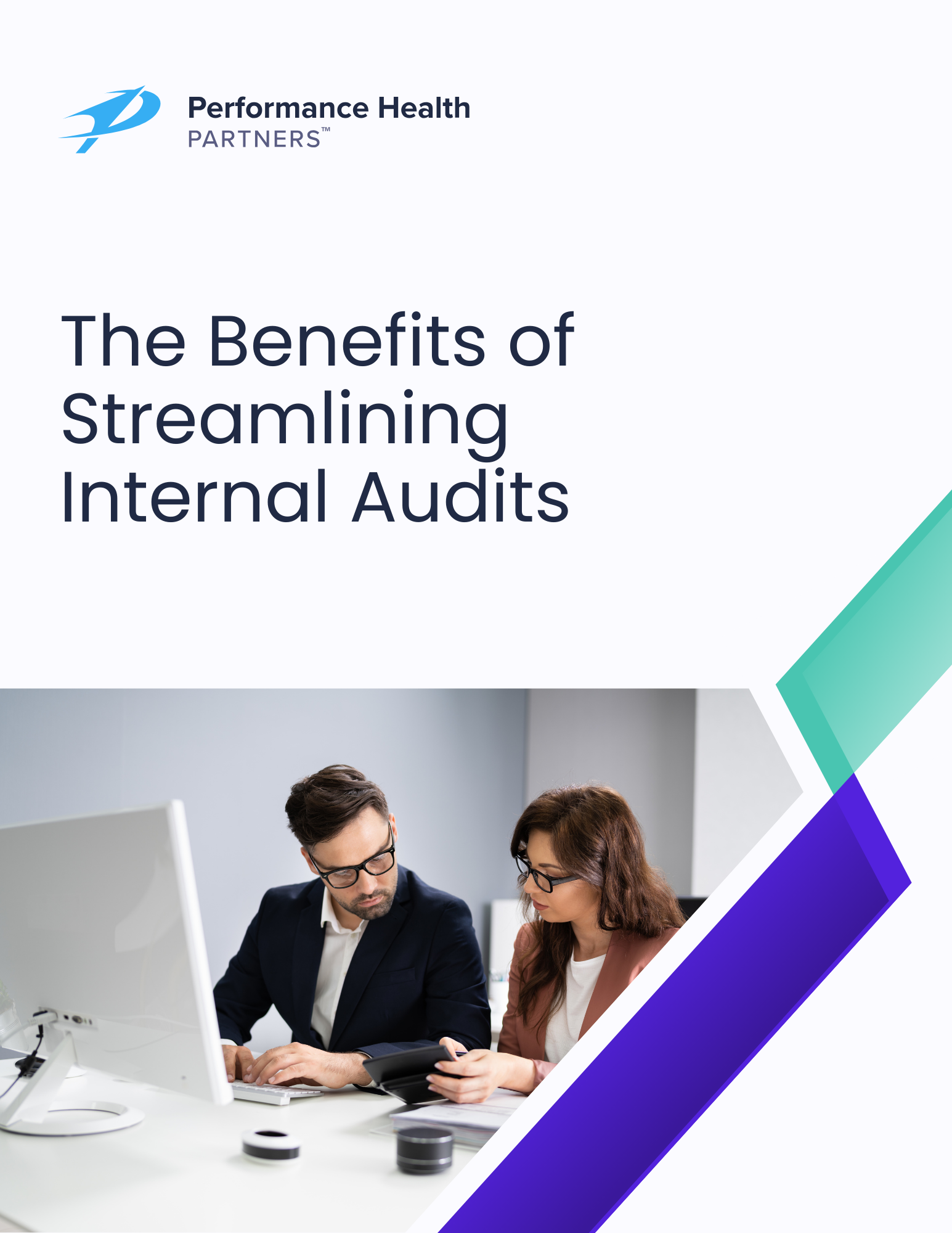
The Benefits of Streamlining Internal Audits
Grasp the advantages of streamlined internal audits in healthcare to better manage safety risks and improve outcomes. Familiarize yourself with the six key steps of auditing, overcome common hurdles, and enhance the quality of care through efficient practices.

How to Develop an Effective Falls Prevention...
Get the blueprint for a cutting-edge falls prevention strategy that safeguards patients against the risks and expenses of inpatient falls. Grasp the core elements of a potent prevention program that promises cost efficiency and outstanding patient care outcomes.
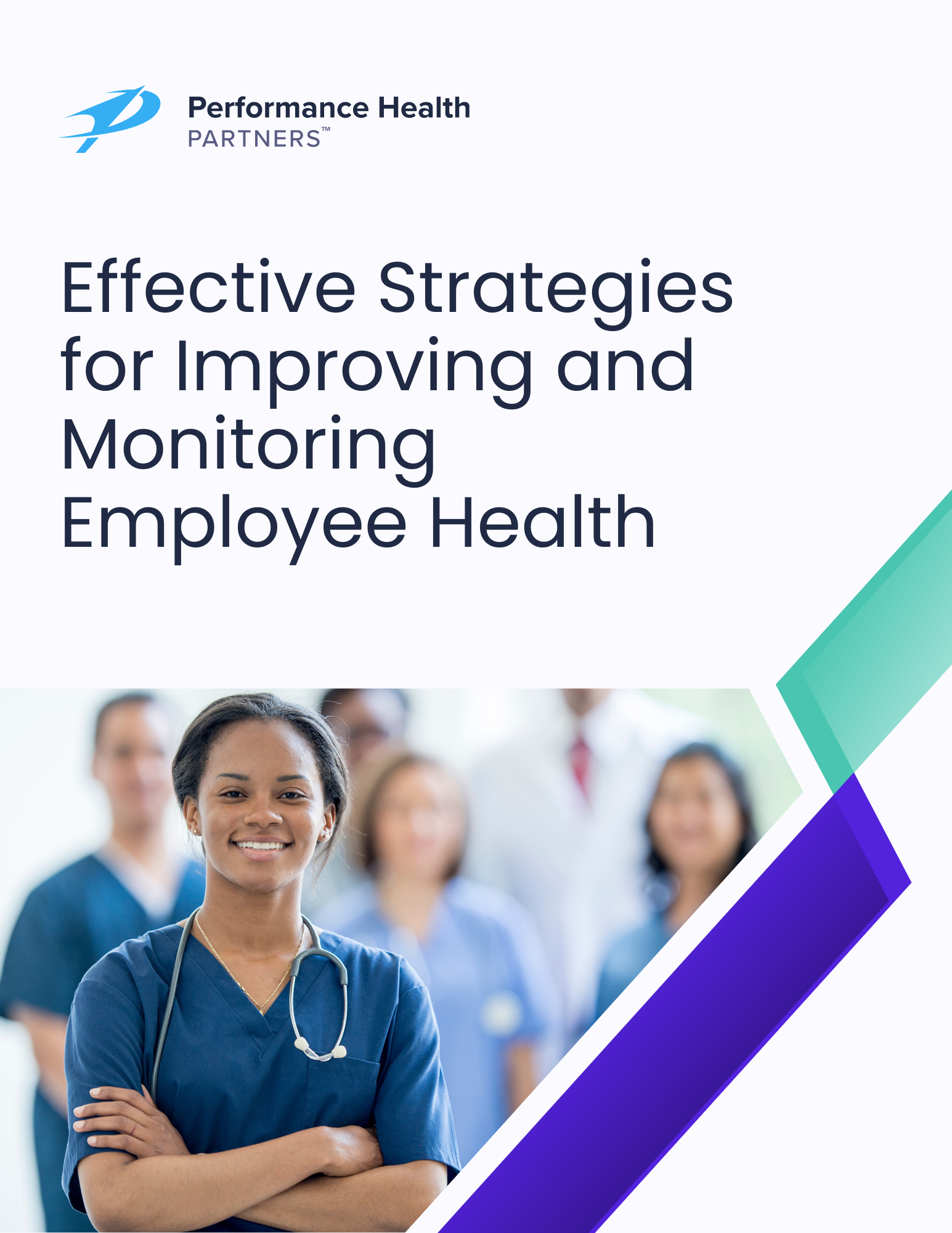
Effective Strategies for Improving and Monitoring...
Boost employee wellness and streamline health monitoring to master wellness strategies, overcome monitoring challenges, and save over $100,000 a year. By adopting these methods, organizations foster a healthier workforce and drive economic efficiency.
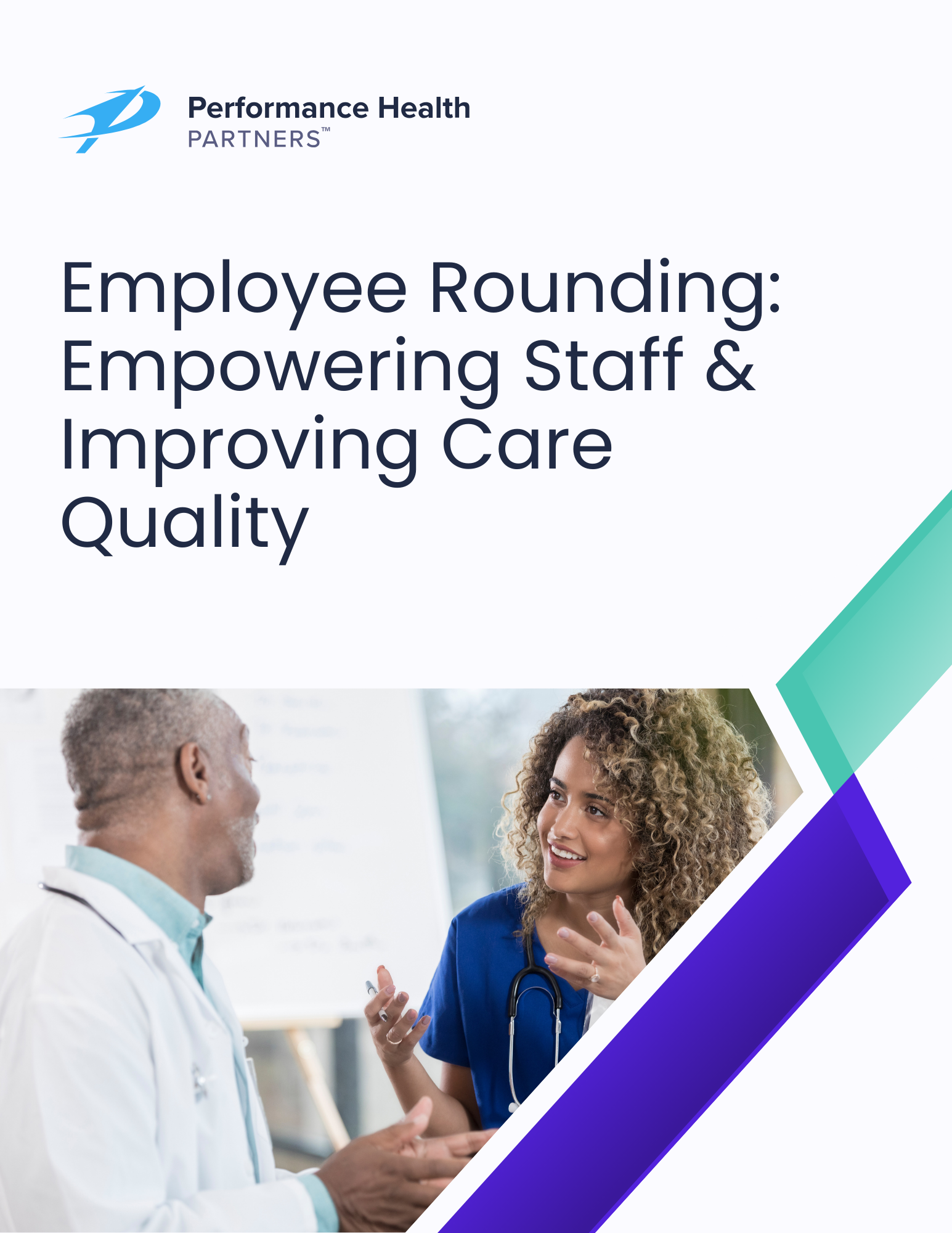
Employee Rounding In Healthcare: Empowering Staff...
Explore the transformative effects of employee rounding on both staff empowerment and patient care excellence. Get critical insights into crafting impactful rounding questions that reinforce healthcare.
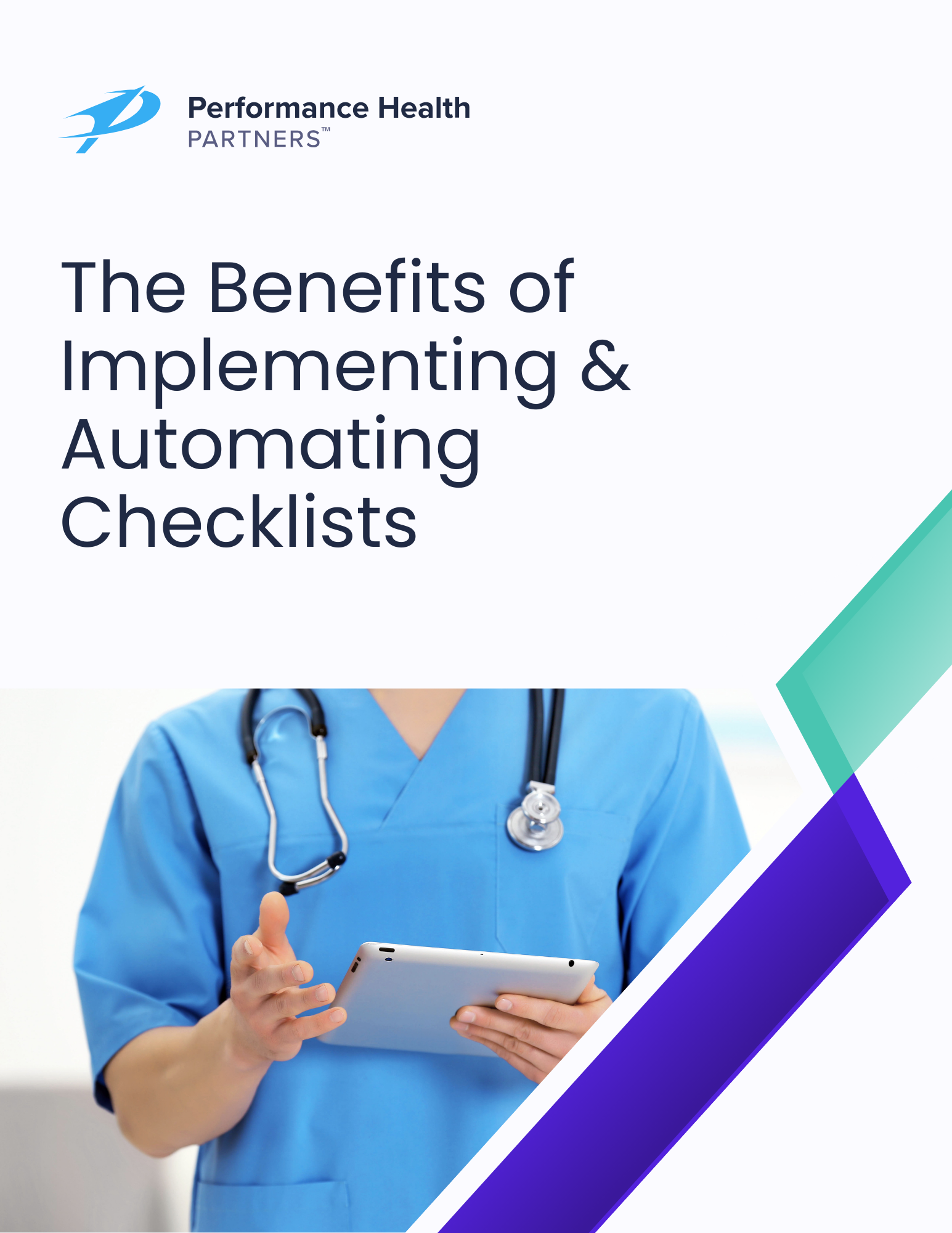
The Benefits of Implementing & Automating...
Learn about the five types of checklists that can improve healthcare outcomes, understand the advantages of checklist utilization in healthcare settings, and explore how automated checklists can significantly reduce the risk of human error. Embrace the shift towards automated systems that fortify patient safety and enhance the quality of care.

Building an Infection Control Plan for Nursing...
Explores the essential steps to create a robust infection control plan tailored to the unique challenges of nursing homes. With the well-being of over 1.3 million nursing home residents at stake, learn how to effectively protect both patients and staff from healthcare-acquired infections (HAIs) while ensuring a safe and comfortable environment.
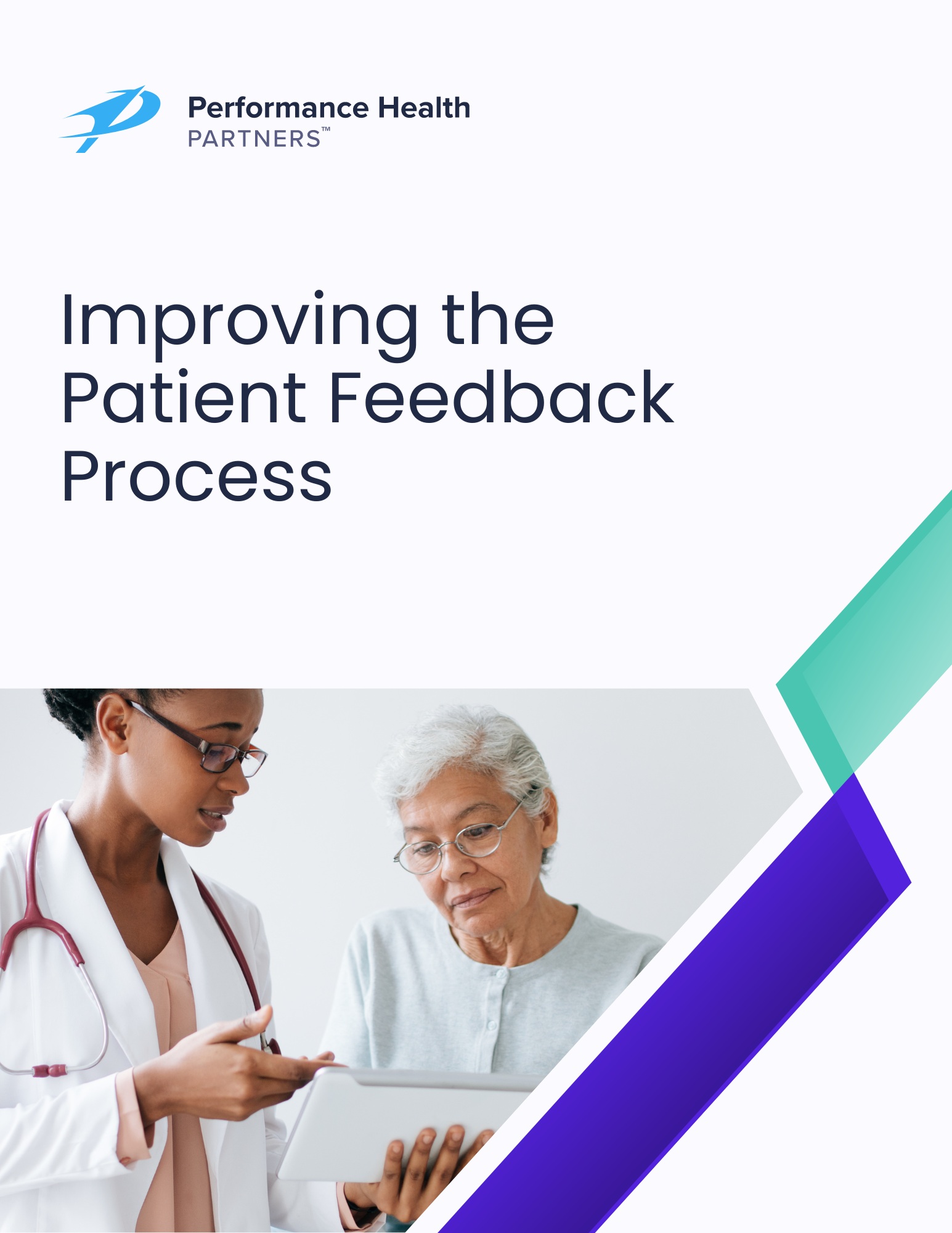
Improving the Patient Feedback Process
Transform your healthcare organization by perfecting the patient feedback loop, a crucial step toward significant quality improvements. Recognize the economic impact of patient satisfaction and create a responsive feedback system that catalyzes perpetual learning and progressive enhancements.
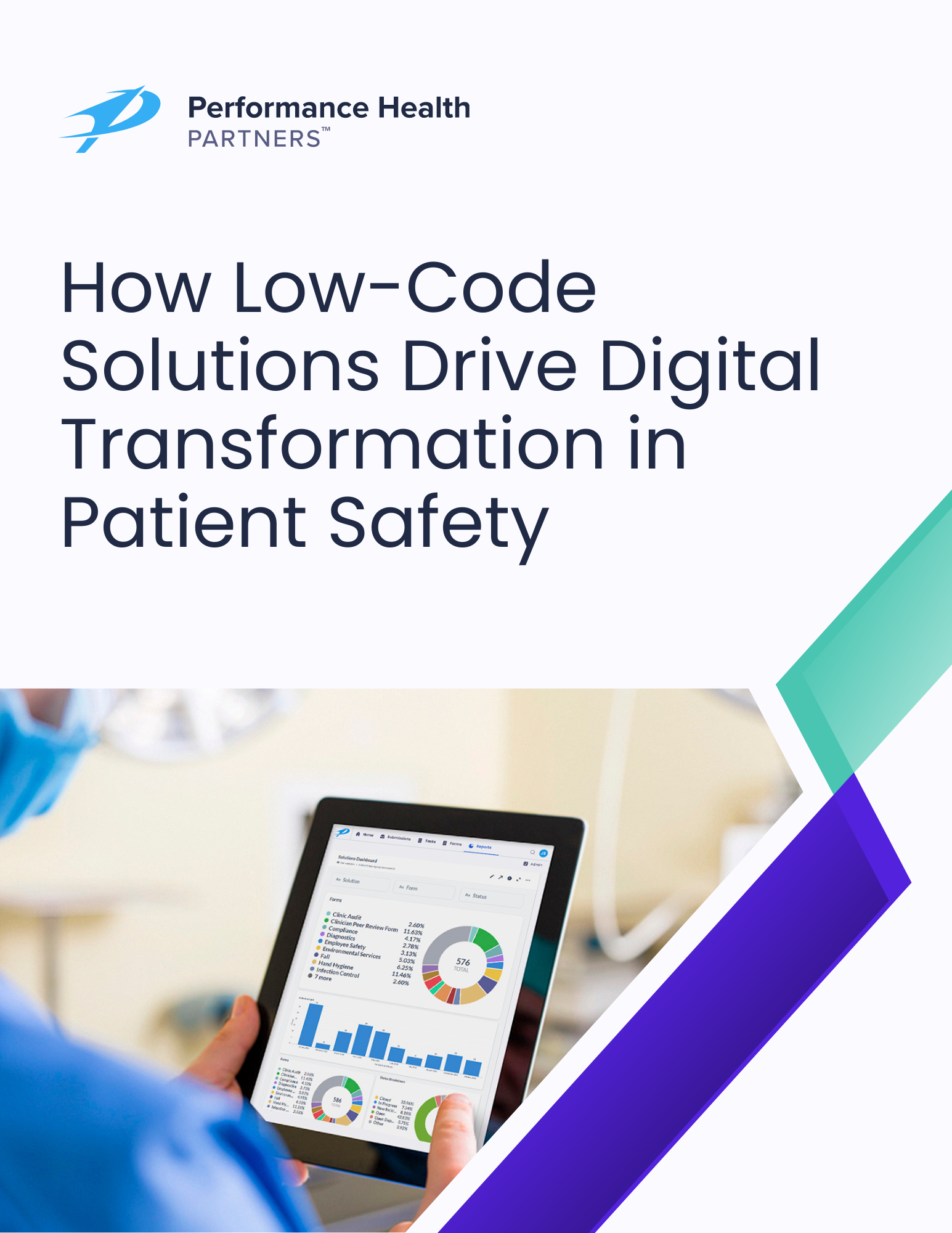
How Low-Code Solutions Drive Digital...
Discover the transformative power of low-code solutions in spearheading your healthcare organization's digital advancement, boosting patient outcomes and experiences. Harness these innovative platforms to develop custom solutions, streamline processes, and bolster quality and patient safety efficiently.

What Can We Learn for the Aviation Industry
Explore the parallels between aviation and healthcare safety, identifying actionable best practices and lessons that can dramatically reduce medical incidents. Learn from the aviation industry's significant strides in safety and quality to significantly improve patient safety and care quality within your healthcare environment.

Enterprise Risk Management in Healthcare: A...
Discover the crucial elements of effective enterprise risk management in healthcare in this whitepaper. Learn valuable tactics for risk prevention, remediation, and the establishment of a just culture within your organization.
Join 100,000+ healthcare professionals who trust Performance Health Partners for their incident management software.
See Us In Action
Learn how your healthcare organization can overcome incident reporting challenges and process silos with our intuitive tools that adapt to your needs.







